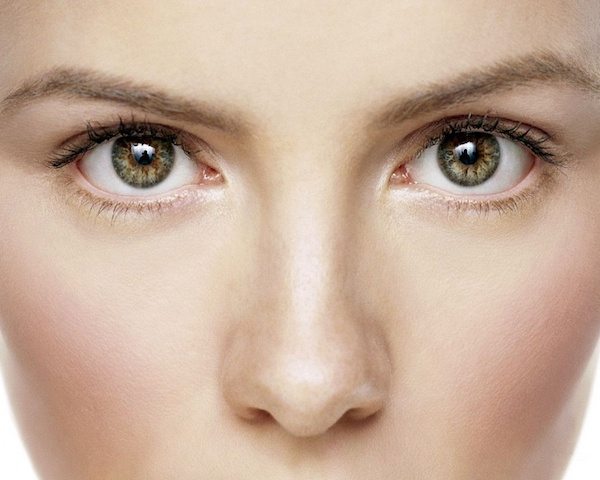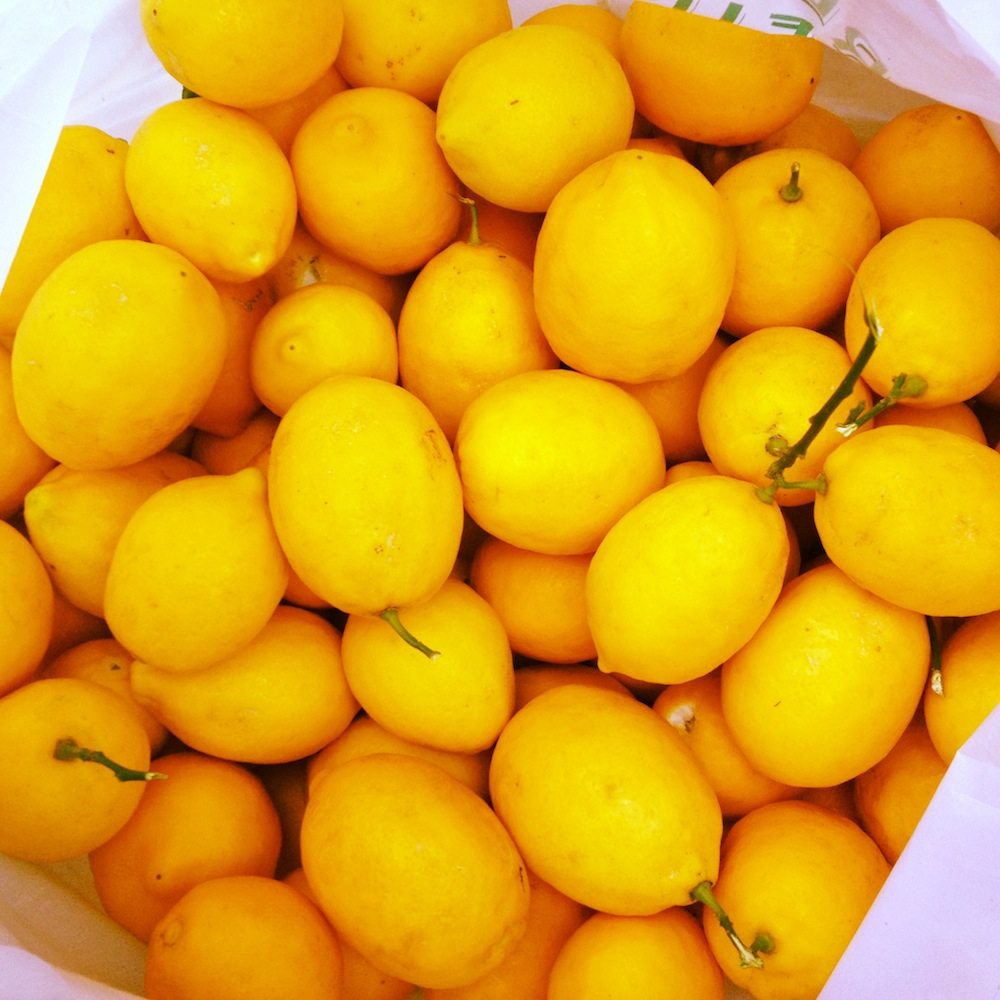Retinoids are not the newest kids on the block, but have recently become more mainstream as the skincare consumer becomes more savvy. Below is a look at what you need to know when considering starting Retinoids/Retinol. While I do use Retinol based products, I have not jumped onto Retinoids yet. Please let us know if you have and what your overall experience has been.
What are they?
Retinoids are a derivative of Vitamin A. Retinol is the non-prescription, more gentle version of a retinoid. Retinoids are prescription only and you need to see your dermatologist or plastic surgeon to start on one. These are the favorite anti aging ingredient because so much research has proven them to help turn back the hands of time.
What do they do?
Retinoids were originally for Acne treatment when doctors noticed a side effect of less wrinkles/lined skin in patients. Retinoids work by preventing the rise of an enzyme called collagenase and boosting collagen already present in the skin. Retiniods and Retinol speed up cell turnover, which causes skin to look younger and smoother. They also reverse signs of sun damage, fine lines, wrinkles and even out pigmentation.You can expect improvement in overall skin tone and brightness. You can expect to see the benefits of Retinoids within 4 weeks of starting. Retinol, due to its more gentle makeup takes around 12 weeks to start noticing a difference, but continual long term usage is very beneficial.
What are the side effects?
There is no such thing as a free lunch, but the side effects are not that bad. Some people will experience redness, peeling, dryness or skin irritation. The best way to start using a Retinoid is every three days. This will allow your skin to ease into it. If you are having no irritation try every other day and eventually graduate into every day use. There has always been a myth about Retinoids/Retinols causing sensitivity to the skin when exposed to sun. This has been shown to not be true. Yes, retinoids are light sensitive(and susceptible to breaking down) but they do not make skin susceptible to increased UV damage or sunburn. Studies have shown that Retinoids do not lower the MED—or minimal erythemal dose, which is the amount of UV skin can tolerate before burning and showing signs of burning. So, yes you can take them on a tropical vacation.
Who needs them?
Some doctors and skincare experts say it is never to soon to start using Retinoids, but a safe rule of thumb is to start in your mid 30’s to early 40’s, depending on your skin. If you’re nearing 40 and deciding between peels and Retinoids, use Retinoids. But the sooner you start the fewer signs of aging you will develop. Overuse of Retinoids can cause skin to look red, taught and dehydrated, so ease in slowly. Always remember to moisturizer over the top, especially if in dry or cold climates.



